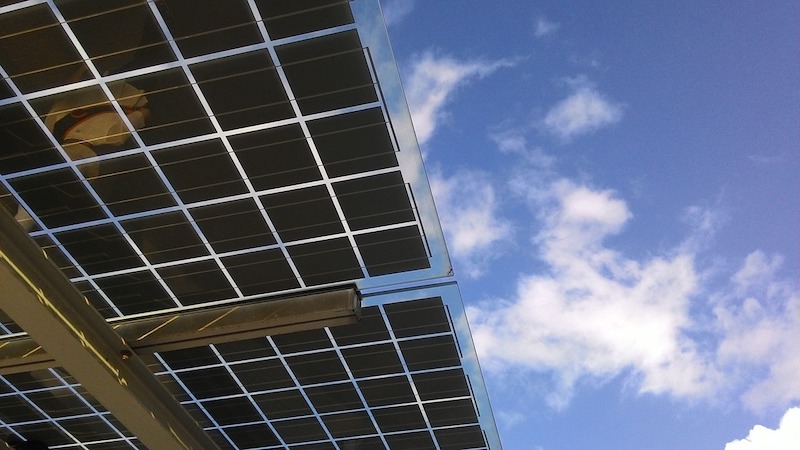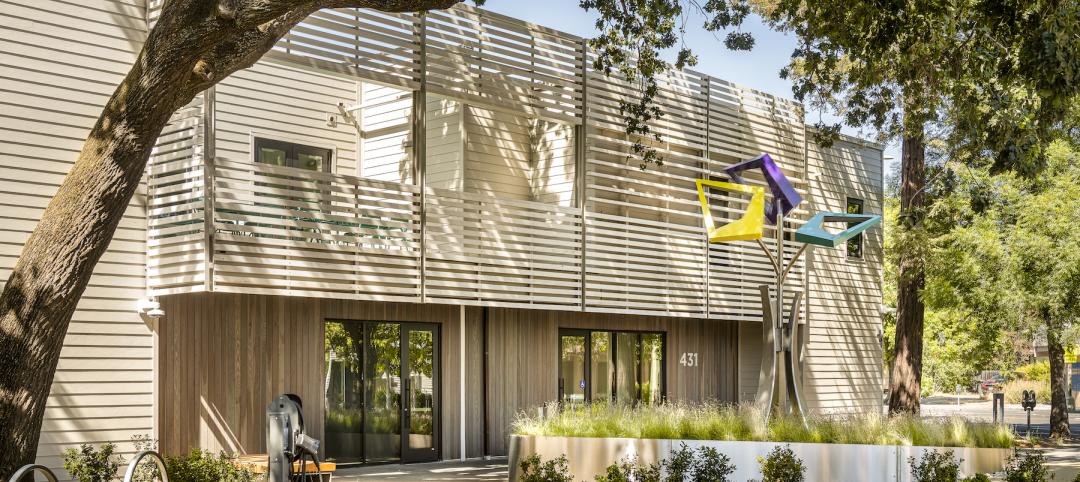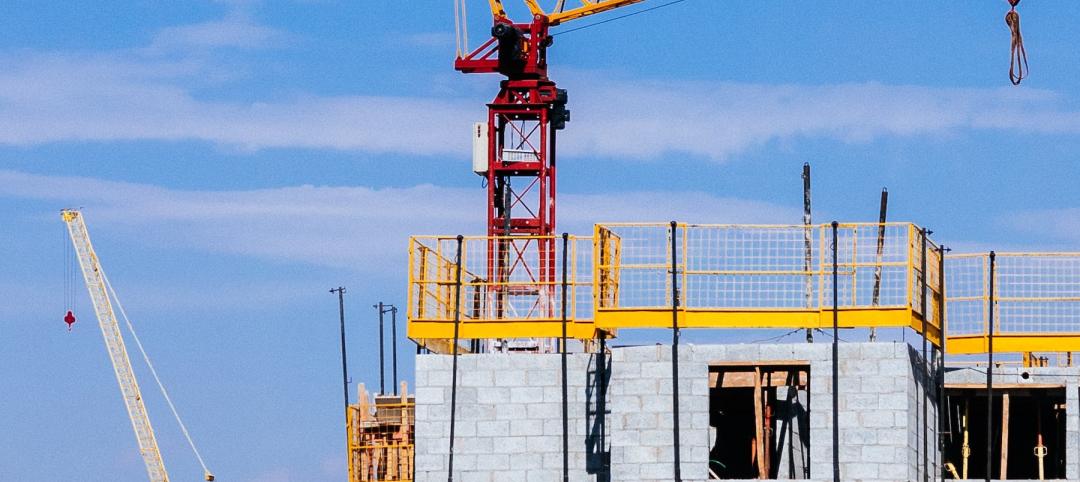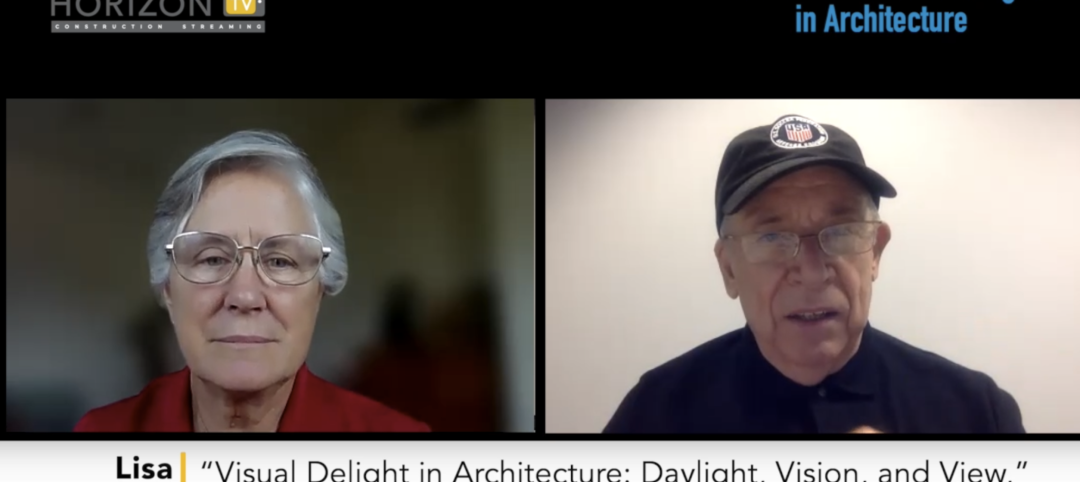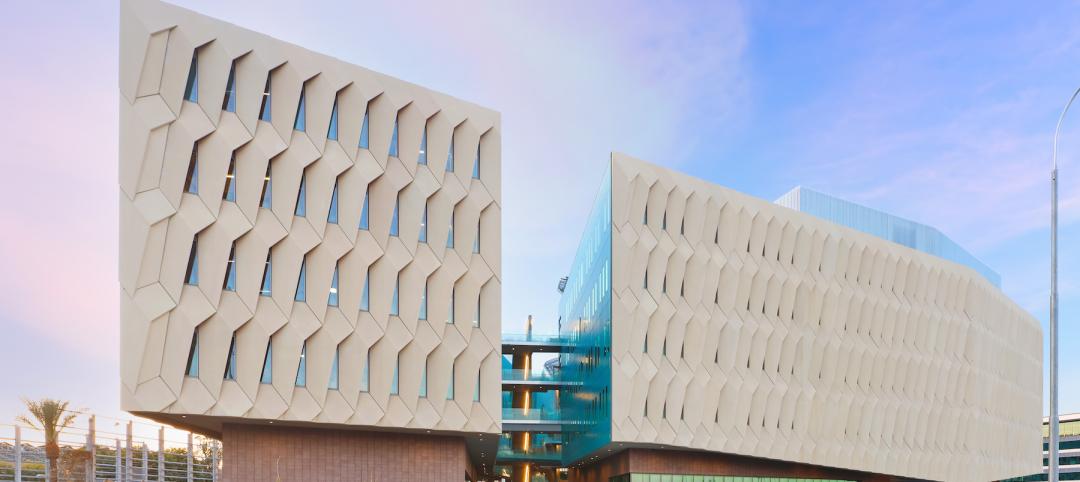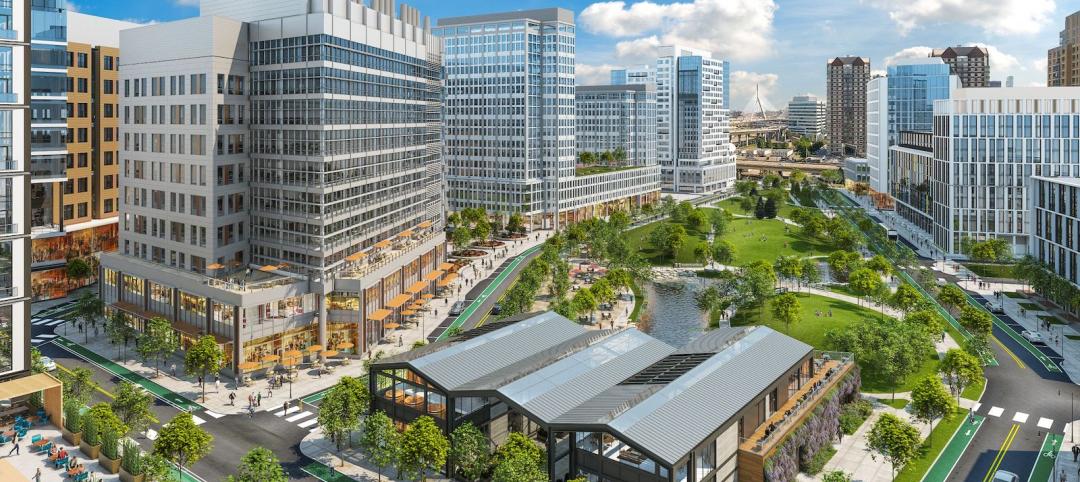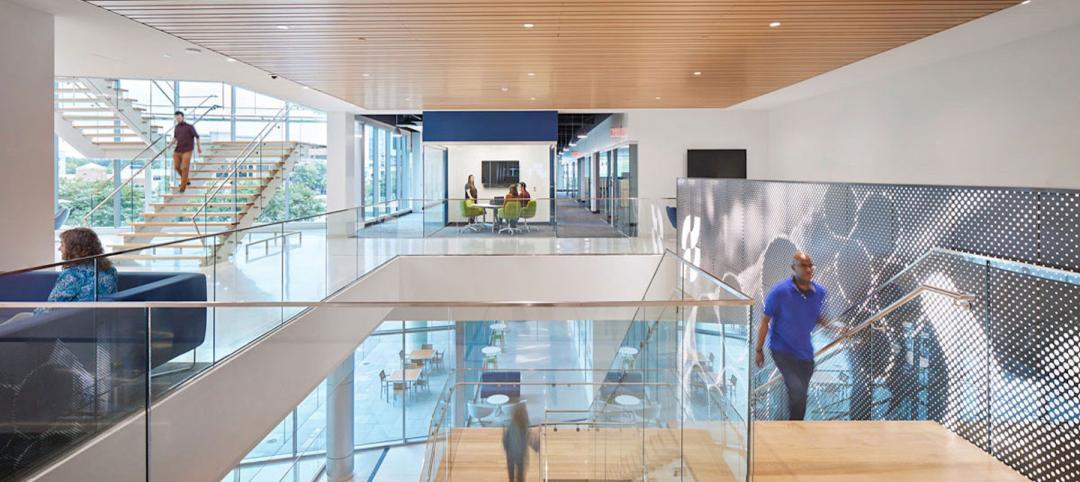The U.S. Green Building Council (USGBC) recently launched LEED Zero, a new program that will address net zero operations and resources in buildings.
“Net zero is a powerful target that will move the entire industry forward,” said Melissa Baker, Senior Vice President of Technical Core at USGBC. “For years, LEED projects around the world have aspired to net zero milestones. We are recognizing the leadership of these projects—and formalizing our commitment to focusing on carbon and net zero across the entire LEED community. These new certification programs will encourage a holistic approach for buildings and places to contribute to a regenerative future and enhance the health and wellbeing for not only building occupants, but all of humanity.”
LEED Zero was informally released by USGBC in September at the Global Climate Action Summit. LEED Zero is open to all LEED projects certified under the BD+C, ID+C or O+M rating systems, or projects registered to pursue LEED O+M certification. LEED projects can achieve LEED Zero certification when they demonstrate any or one of the following: net zero carbon emissions, net zero energy use, net zero water use or net zero waste.
“For more than two decades, LEED has provided a framework for high performance buildings and spaces, and reduced greenhouse gas emissions through strategies impacting land, energy, transportation, water, waste and materials,” added Baker. “Building on that work, LEED Zero is a complement to LEED that verifies the achievement of net zero goals and signals market leadership in green building.”
LEED certification recognizes that a project has implemented a number of sustainability strategies, reflecting reduced contributions to climate change as well as beneficial impacts on water resources, biodiversity, human health and well-being, regenerative material resource cycles, social equity and quality of life.
LEED Zero builds on LEED by recognizing specific achievements in building operations and rewards projects that have used LEED as a framework to address important aspects of green buildings and taken their buildings to the next level by designing and operating toward net zero goals. LEED Zero encourages a holistic approach for buildings and places, which will contribute to a regenerative future. This is part of a vision to ensure that the next phase of USGBC’s efforts will be LEED Positive, where buildings are actually generating more energy than they use, and removing more carbon than they produce.
Related Stories
Green | Nov 8, 2022
USGBC and IWBI will develop dual certification pathways for LEED and WELL
The U.S. Green Building Council (USGBC) and the International WELL Building Institute (IWBI) will expand their strategic partnership to develop dual certification pathways for LEED and WELL.
Green | Oct 5, 2022
In California, a public power provider’s new headquarters serves as a test case for an innovative microgrid and for reducing greenhouse gas emissions
Sonoma Clean Power (SCP), the public power provider for California’s Sonoma and Mendocino Counties, recently unveiled its new all-electric headquarters.
Green | Oct 3, 2022
California regulators move to ban gas heaters for existing buildings
California regulators voted unanimously recently on a series of measures that include a ban on the sale of natural gas-powered heating and hot water systems beginning in 2030.
Mass Timber | Aug 30, 2022
Mass timber construction in 2022: From fringe to mainstream
Two Timberlab executives discuss the market for mass timber construction and their company's marketing and manufacturing strategies. Sam Dicke, Business Development Manager, and Erica Spiritos, Director of Preconstruction, Timberlab, speak with BD+C's John Caulfield.
Daylighting | Aug 18, 2022
Lisa Heschong on 'Thermal and Visual Delight in Architecture'
Lisa Heschong, FIES, discusses her books, "Thermal Delight in Architecture" and "Visual Delight in Architecture," with BD+C's Rob Cassidy.
Sponsored | | Aug 4, 2022
Brighter vistas: Next-gen tools drive sustainability toward net zero line
New technologies, innovations, and tools are opening doors for building teams interested in better and more socially responsible design.
Green | Jul 26, 2022
Climate tech startup BlocPower looks to electrify, decarbonize the nation's buildings
The New York-based climate technology company electrifies and decarbonizes buildings—more than 1,200 of them so far.
Sustainable Development | Jul 14, 2022
Designing for climate change and inclusion, with CBT Architects' Kishore Varanasi and Devanshi Purohit
Climate change is having a dramatic impact on urban design, in terms of planning, materials, occupant use, location, and the long-term effect of buildings on the environment. Joining BD+C's John Caulfield to discuss this topic are two experts from the Boston-based CBT Architects: Kishore Varanasi, a Principal and director of urban design; and Devanshi Purohit, an Associate Principal.
Building Team | Jul 1, 2022
How to apply WELL for better design outcomes
The International WELL Building Institute (IWBI) cites attracting top talent, increasing productivity, and improving environmental, social or governance (ESG) performance as key outcomes of leveraging tools like their WELL Building Standard to develop healthier environments.
Green | Jun 22, 2022
The business case for passive house multifamily
A trio of Passive House experts talk about the true costs and benefits of passive house design and construction for multifamily projects.


